Is living in a shed legal? Yes, living in a shed is absolutely legal, but in some countries and states, it might be illegal. Shed living is to be avoided at all costs whether you’re in the UK or USA but not all county. And that doesn’t mean you can’t build a hut and live in it.
There are several things you have to consider if you’re thinking of building a shed and living in it, though. Of course, if you’re asking a lawyer in England and Wales, unfortunately.
As per Section 7 of the Trespass Act (1969, amended 1979) and Schedule 4 Paragraph 7 of the Criminal Justice & Public Order Act (1994), yes, it is illegal to live in a hut. To be exact, you can face up to 51 weeks in prison for doing so.
It may surprise you to know that in 2015, more than 1,000 people in the UK found themselves in court for illegally living in sheds. since there’s a high number of people who want to live in sheds.
I thought it was time to investigate. I became interested after reading an article called “Shed Living: The Man Who Lives Only In A Shed.” There’s a lot of debate and confusion over the legality of living in a shed. In the UK, where there’s a right to own property, plenty of people do it.
But in America and other places, such as Australia, it can be challenging, if not impossible, to live in a shipping container. The laws governing shipping containers and huts are different than those governing regular homes.
As you know, a shed is a small, single-story building. A shelter is usually used to store things, like tools and machinery or firewood in case of an emergency.
Sheds are relatively low-cost and low-maintenance buildings that can be erected in a few hours by one person. They have also been described as “old-fashioned,” although there is a contemporary style of wooden shelter that appeals to people interested in outdoor living.
Is living in a shed legal?
If you’re thinking of ditching the traditional home and moving into a shed, you might want to think again. While it may seem like a good idea at first, there are some pretty significant downsides to living in a shelter.
And unless you have permission from your local council, it’s illegal too. So why would anyone choose to live in a hut? Well, there are plenty of reasons why people might make this choice, but most of them are for financial reasons. For example:
Some people just want something cheap and simple that they can own outright after buying it with their savings or a small loan. This is especially true for young people who are just starting out on their careers and don’t need much space yet.
It also gives them the freedom to move around if they feel like it without having to worry about selling up first.
Other people may be paying off other debts like credit cards or student loans while living in their sheds, so they can keep costs down while focusing on paying off their debts as quickly as possible before moving back into more luxurious accommodation.
In most places, the legality of living in a hut depends on whether or not it meets certain requirements for safety and sanitation.
For example, if the shed was designed and built as a habitable space, then it should have proper wiring and plumbing for running water and electricity. Also, if the hut has insulation or heating elements, a professional needs to check them to make sure they’re safe.
Key importants
- Is it legal to live in a shed in Florida?
- Are sheds safe to live in?
- Can I live in a shed in North Carolina?
- Can you live in a shed in Georgia?
- Can you turn a shed into a living space?
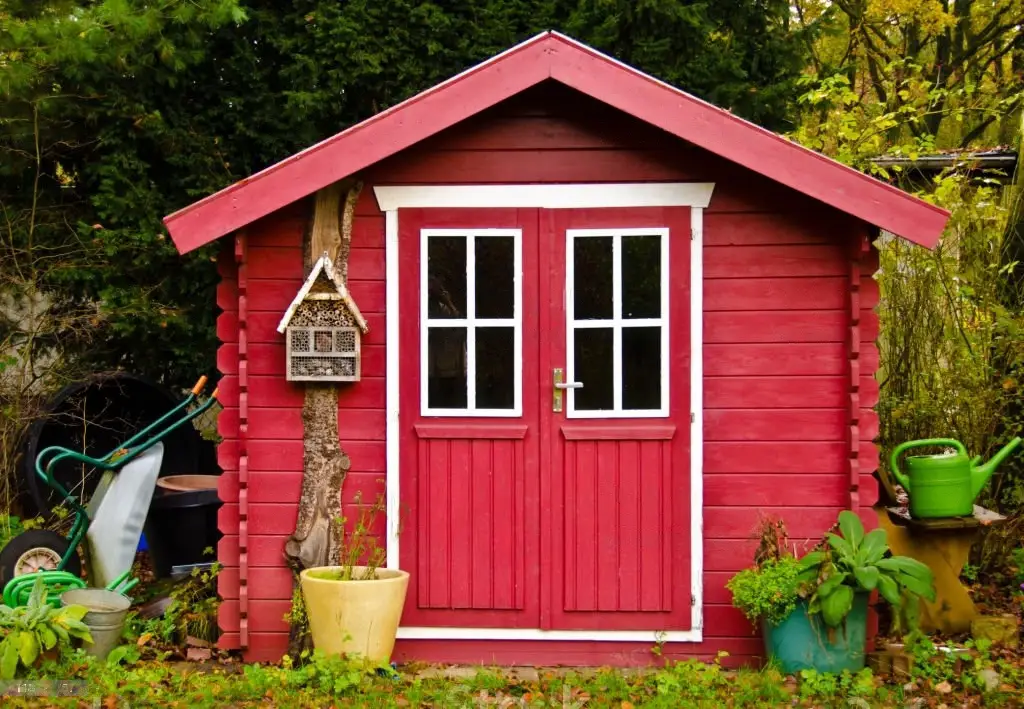
Is it legal to live in a shed in Florida?
The law states that any structure that is not built on the ground and has a roof must be considered a home. This means that if you have an RV, camper, or trailer with wheels that has been converted into living space, it is legal for you to live there.
It also includes sheds, barns, garages, and other buildings that are not attached to your home. You may also live in a recreational vehicle (RV), trailer, or camper as long as it has been converted into living space.
The only time you would be breaking the law would be if you were staying in a tent or other temporary shelter on public land, such as parks or beaches. This is because these areas are regulated by government agencies, which must ensure public safety and orderliness for everyone who visits them.
In Florida, it is legal to live in a shed. The Florida Building Code states that a building must have a minimum floor area of 120 square feet and be used for residential purposes.
A shed does not meet this requirement, so it cannot be considered a residence. However, a small shed may be used for storage purposes as long as it does not exceed 120 square feet and is not used as living quarters.
Sheds can be placed on any lot, whether the lot has an existing structure or not. If you own the property with your spouse and want to live in the hut, then you will need permission from your spouse since only one person can occupy each dwelling unit at once.
If you rent the property from someone else, they will have to approve your request because they are responsible for all property maintenance and repairs on their property, even if you own the property yourself (for example, if they sold it to you).
Read more articles: How Much Is A Tiny House In Georgia
Are sheds safe to live in?
Yes, sheds have been used as temporary homes for thousands of years. In fact, when you look at them from a historical perspective, they are quite ingenious. They can be built quickly and cheaply using readily available materials and tools.
A large shed can provide enough room for a family to live comfortably for several weeks or even months in the event of an emergency or natural disaster.
The main reason people ask if sheds are safe to live in is because they often picture these small structures as nothing more than glorified tool sheds—places where you keep your lawnmower, weed trimmer, and other gardening equipment out of sight so that they don’t clutter up your yard or basement.
Many people don’t realize that a hut can be a fully functional house with all the amenities we take for granted every day:
running water, electricity, and heating and air conditioning systems. In fact, some people use their sheds as vacation homes or rental properties during the summer months, when rents are high in many areas of the country.
But before you start building your dream shed, make sure the site you choose is appropriate for a building of this type.
For example, avoid sites where water drains away rapidly when it rains, as this can cause foundation problems, and try to site your shed away from trees, hedges, or fences that might block out sunlight.
Also be aware of any restrictions that may apply to the use of the land, such as planning permission or homeowner’s association rules.
If you’re lucky enough to have your own plot, then you’ll probably want to consider having an architect draw up plans for your shelter so that it integrates with the rest of your house and garden design.
If not, then at least make sure that whoever draws up plans for a DIY project has experience designing buildings like this.
Top pick
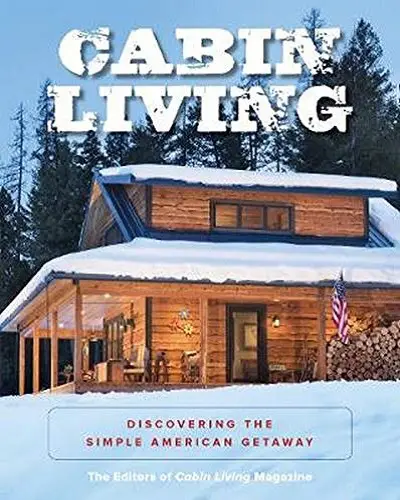
Editor’s choice
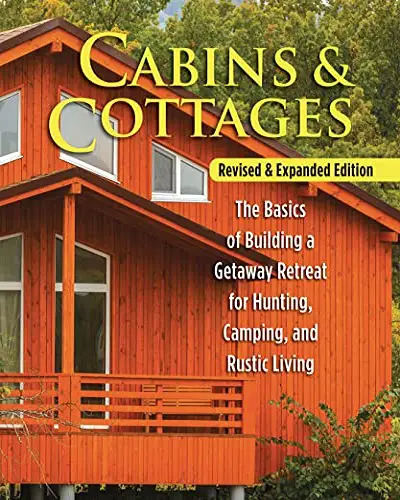
Best value
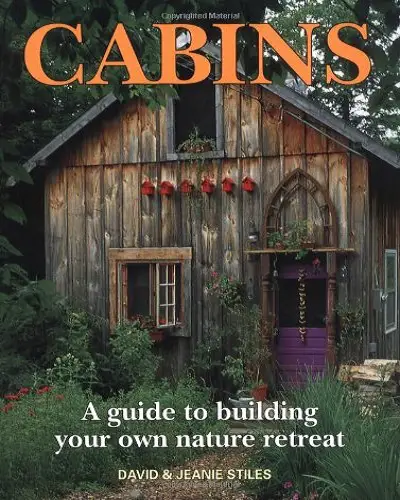
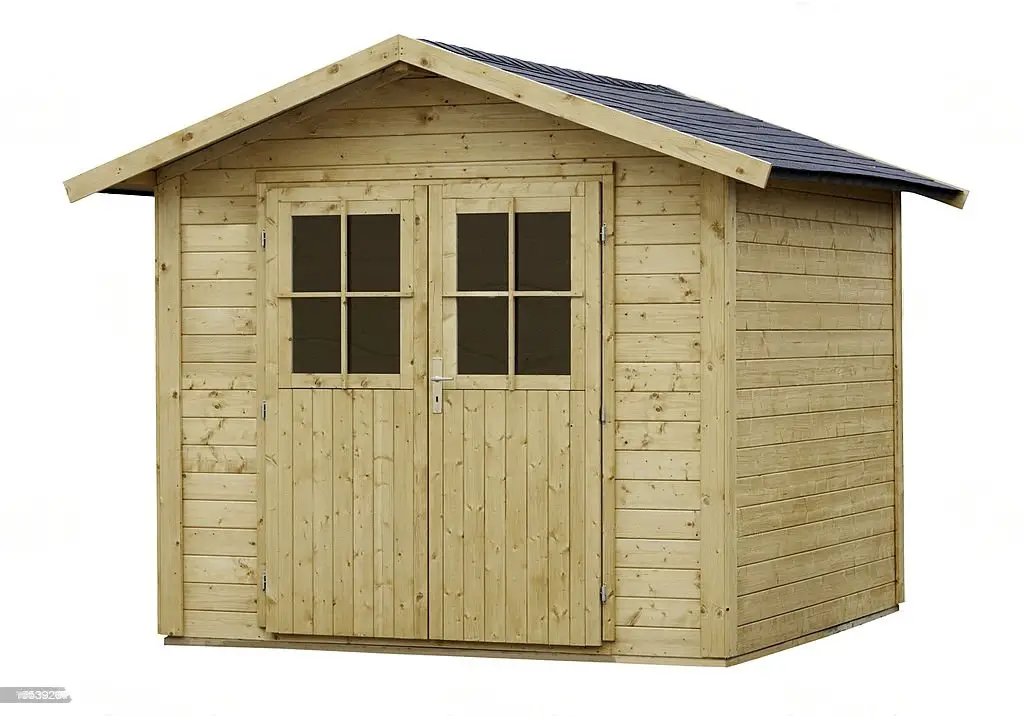
Can I live in a shed in North Carolina?
Yes, you can live in a shed in North Carolina. NC has no specific law prohibiting the use of sheds as living spaces. But because they aren’t meant to be lived in, they don’t meet building codes and may not be allowed by zoning laws.
If you want to live in a shed, check with your local municipality first to determine what type of permit is required for such a project.
If there are no restrictions on shelter construction, then you can build whatever size and style of structure you’d like. If there are rules about how to build a shed, you must follow them. For example, if your town requires sheds to be smaller than 200 square feet, you must follow those rules.
The same goes for fire safety codes: if your city requires fire sprinklers in all new residential buildings, then this will apply to shelters as well.
In North Carolina, there are no laws specifically prohibiting people from living in sheds or other small structures. However, some cities have zoning ordinances that prohibit certain types of housing.
For example, if a city prohibits mobile homes or mobile home parks, then it’s likely that it would also prohibit other types of “mobile” dwellings such as trailers or tents.
Unfortunately, most municipalities do not make their zoning laws available online—they’re usually only available at the municipal office—so it would be difficult to determine whether there are any restrictions on your particular location without visiting the municipal office and reviewing its code books.
But even if there aren’t any specific laws prohibiting living in a shed or garage, there may be some practical reasons why it might not be a good idea:
If you live near neighbors who might be able to see into your yard (because, for example, their windows face your backyard), they might not like an extra building in their line of sight, especially if it’s ugly.
They may also complain about other changes in the neighborhood that result from If you’re building a shed in your own backyard, then there’s nothing wrong with building one that’s up to 7 feet tall bas long as it doesn’t extend beyond the property line.
However, if you’re planning to use it as a rental property or if you’re building on someone else’s land, then you should check with local zoning laws to make sure that shelters over 7 feet tall are permitted.
In addition to height restrictions, most cities and townships have restrictions on how close shelters or outbuildings can be built to the property line—typically no closer than 15 feet from the back wall of your home.
The most common problem people run into when trying to build sheds is not having enough space for them. In order for a shed to be structurally sound and safe, it needs a solid foundation and good support beams; these elements take up quite a bit of space.
If you’ve got the room and the money, you should consider adding on an extension or even building an entirely new room onto your house. A shed would be an affordable alternative if you don’t have the money for this type of project.
Read more articles: How Much Is A Tiny House In Virginia
Top pick
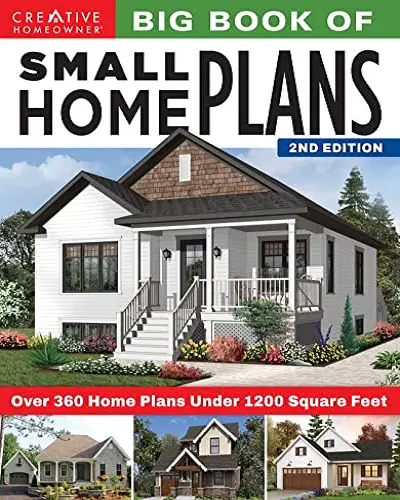
Editor’s choice
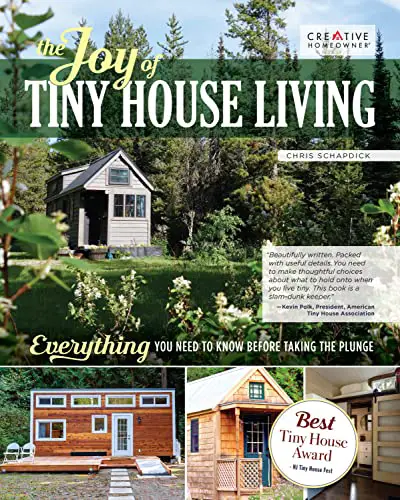
Best value
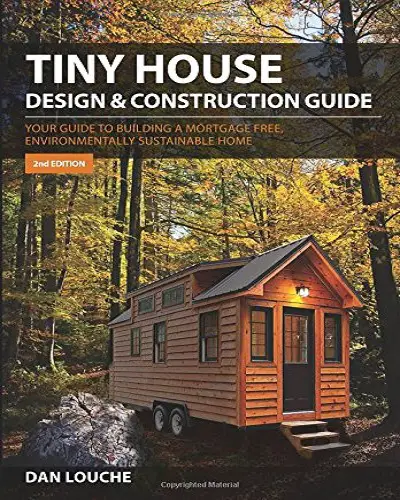
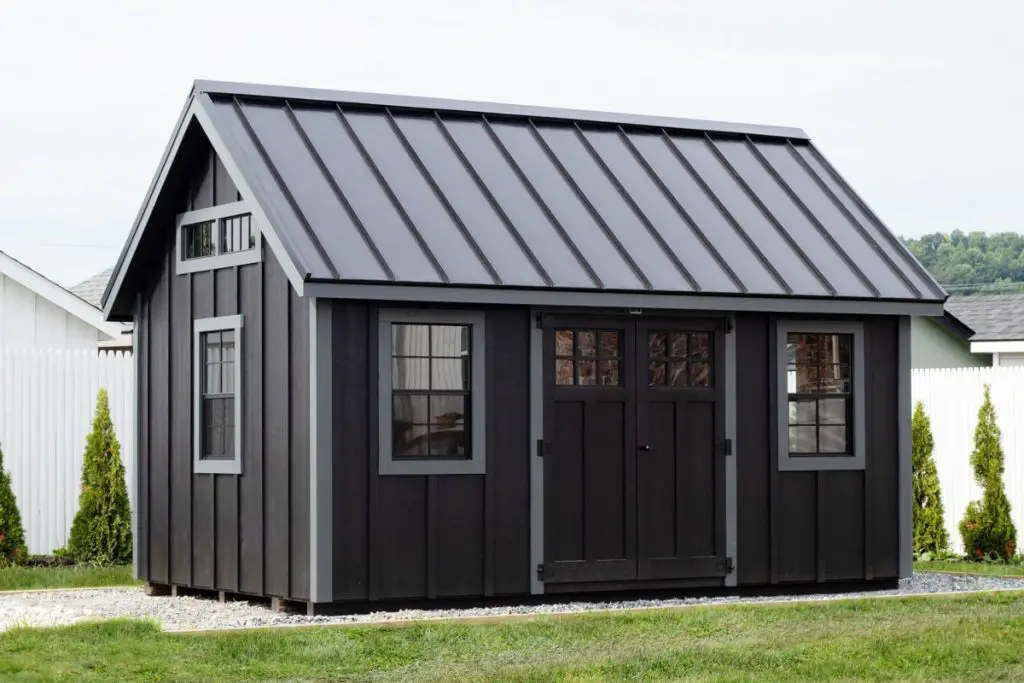
Can you live in a shed in Georgia?
In Georgia, it is illegal to live in a shed. That said, there are several things that can be done to make this possible. Can you live in a shelter if you have no electricity or running water?
A shed is not a home, even though many people use them as such. This means that the property taxes are lower, as are your insurance premiums.
But there are other reasons why it might be worth considering living in a shed. If you have no electricity or running water and would like to save money, then living in a shelter is an option for you.
Can you live in a shed if there is no heating or cooling?
Yes, of course! In addition to saving money on electricity bills and water bills, you will also save money on other resources such as oil or gas for heating or air conditioning units for cooling purposes.
Can you live in a shed without any privacy?
Yes again! You may want some privacy, but if not, then this will not be an issue at all because of how small sheds really are!
You can get started with these three easy tips:
Make sure it’s up to code. Your shed has to meet building codes so it doesn’t collapse on you or burn down. The easiest way is to hire an architect or engineer who specializes in residential construction. They can tell you what’s required and how to do it right.
Choose the right location for your shelter. You want your home to be as safe and comfortable as possible, so choose a spot where it won’t fall on someone or get flooded out during a storm. Also, make sure that no one can see inside—especially if there aren’t any windows!
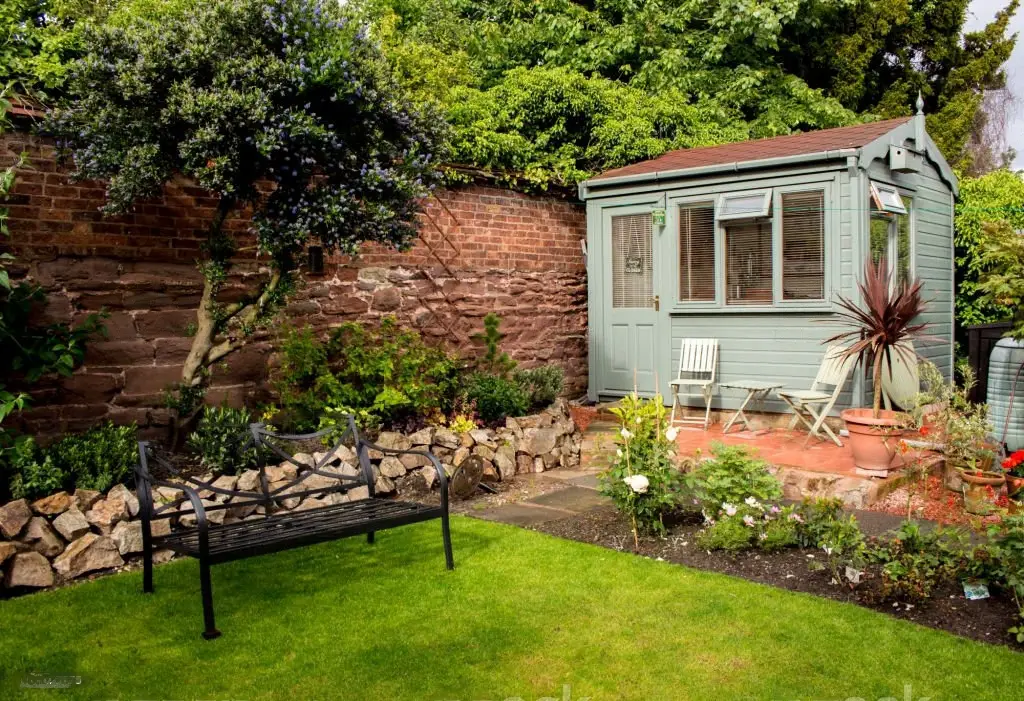
Can you turn a shed into a living space?
Yes! With the right tools and enough time, you can transform your shed into a cozy home that’s perfect for one or two people. Here’s how to do it:
1. Determine if it’s possible for your shed to become a habitable space. If you live in an area where snow and ice aren’t an issue, then there’s no need to worry about insulation for at least half of the year.
This can save you money and energy in the long run (since you won’t have to pay for heating or cooling).
2. In order to turn your shelter into a living space, it needs electricity and plumbing. Without these two utilities, you’ll be limited as far as the kinds of appliances and gadgets you can have in your new abode.
3. You’ll also need heat and air conditioning if you plan on using some of those gadgets during the cold or hot seasons, where air conditioning may not be an option due to power outages or other problems with electricity during those times of year when temperatures spike up or drop significantly over night.
4. Insulation is key! The more insulation (or “R-value”) that is present in your walls, ceiling, flooring, and roofing, the better.
In many cases, if you are converting a garage into living space, you will want to insulate the garage walls so they can be used effectively as interior walls by adding drywall or plywood covering.
5. Windows are another important factor when considering converting a shed into living space. If you want to use the space as a bedroom or studio apartment, it’s essential that you have adequate natural light coming into the room.
If your shed has no windows at all, it may be necessary to install them before making any further improvements.
6. Lastly, make sure that your new shelter is safe and clean according to the building code.
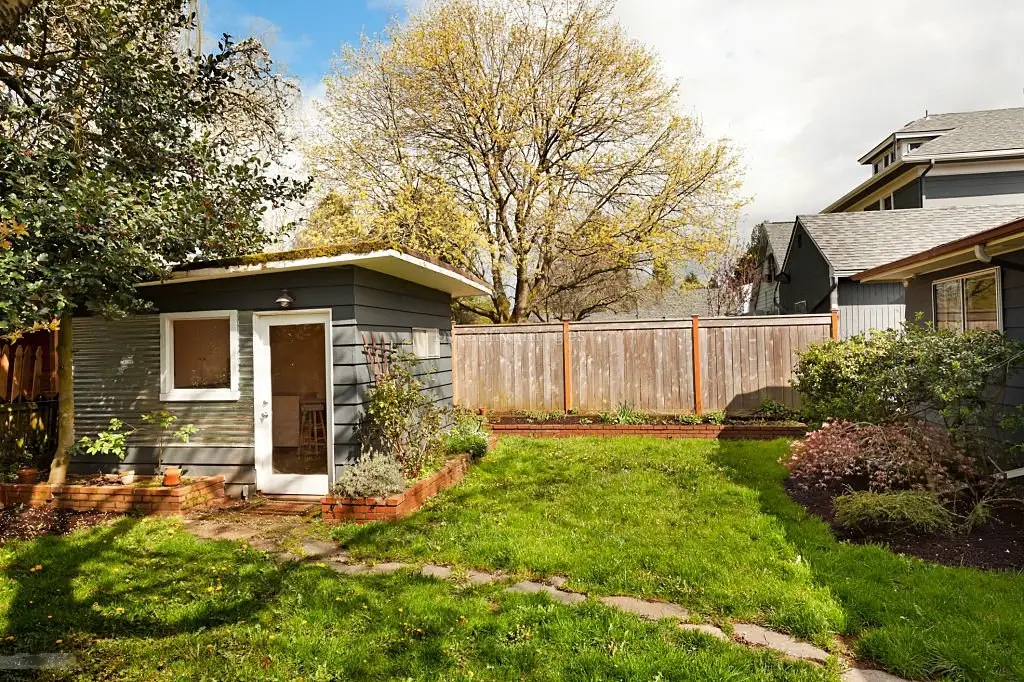
FAQ
1. Can you live inside a shed?
The precise county and local zoning and construction restrictions in the area where you want to reside in your shed will ultimately determine whether it is permitted or not.
2. Can I live in a shed in TN?
In Tennessee, living in a shed or little house is partially permitted. The house typically has to have an authorized septic system and be on a solid foundation in order to be lawful.
3. Can I turn my shed into a guest house?
Before starting any conversion, check with your neighborhood building department.
4. Can I live in a shed in Indiana?
You can, indeed. The little home must be constructed on a foundation; that is the sole requirement.
The bottom line
There are plenty of people who have gotten away with living in a shed, but they’ve been able to do so without facing any kind of legal repercussions. That doesn’t mean that you’ll be able to live in a shed without any issues, though.
Permits are almost always required, and if there are zoning regulations in place—which there often are—you might run into problems as well.
Overall, it’s impossible to know whether or not you’ll be able to live in a shed without speaking with your city or township officials, but there is one place where you can get an idea: property listings.
So, can you live in your shelter? If you think about it, the answer really depends on why you want to.
If you’re looking for a handy way to increase the amount of living space you have available to you, then living in your shed may be a viable option. But if you’re looking for a way around home ownership, then the law is not on your side.
As long as your shed is well-built, doesn’t contain dangerous materials or wiring (that’s illegal too), and is on property where outbuildings are allowed, there isn’t much stopping you from adopting the life of a hermit.
Read more articles: Tiny Homes Oregon

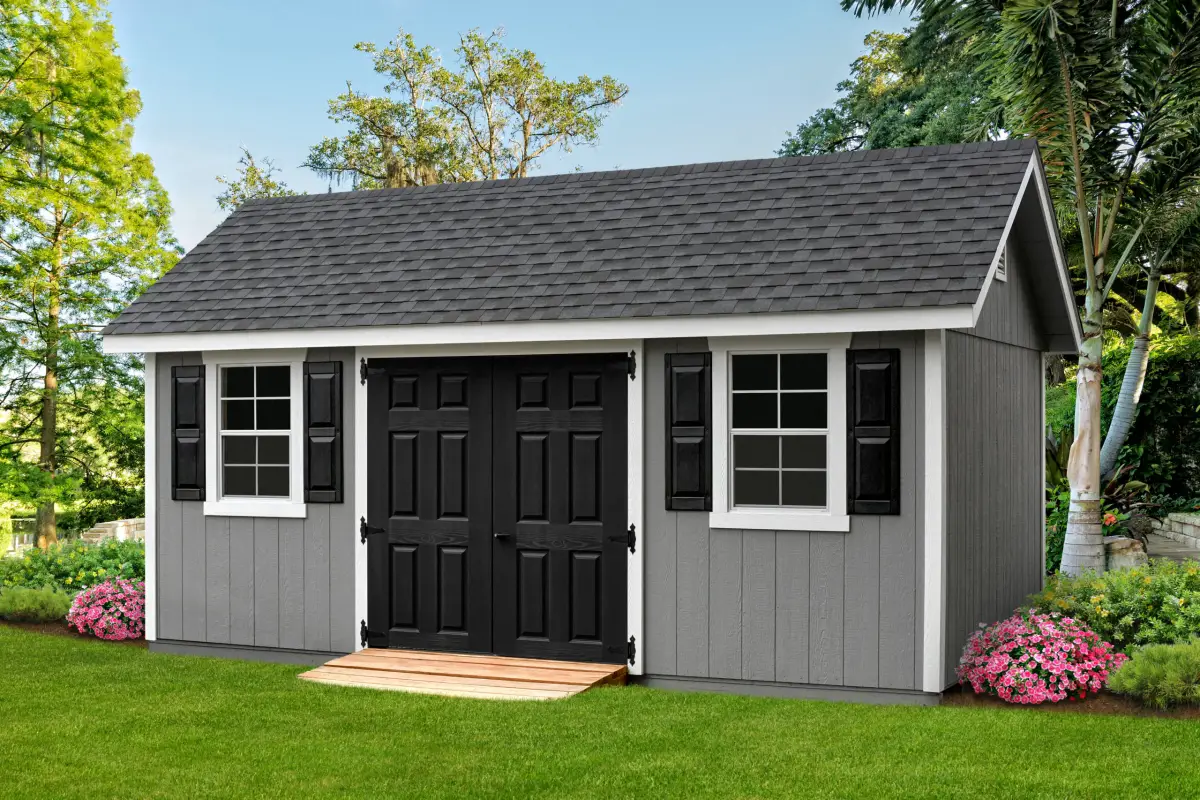
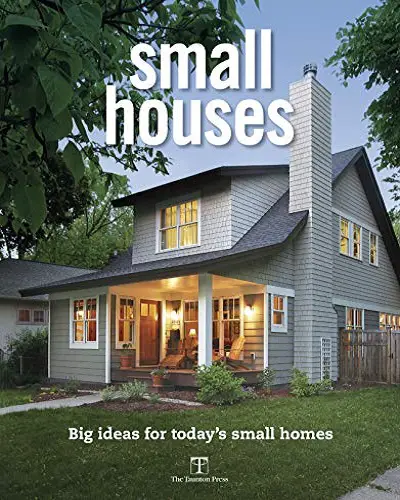
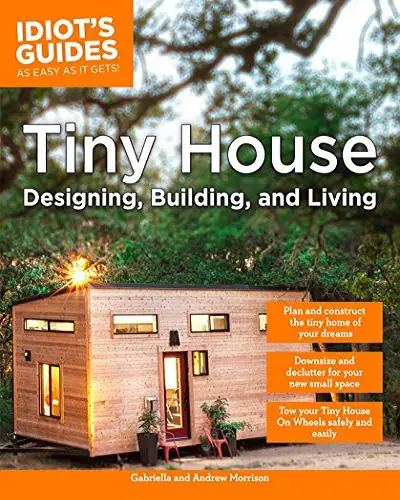
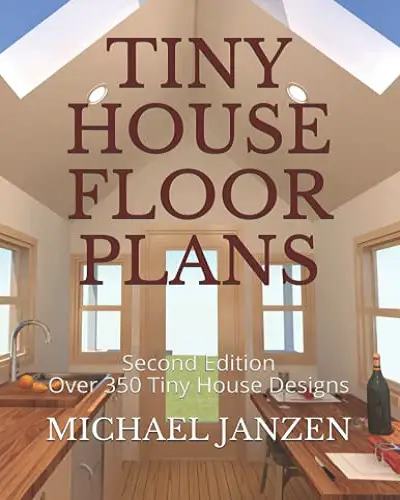
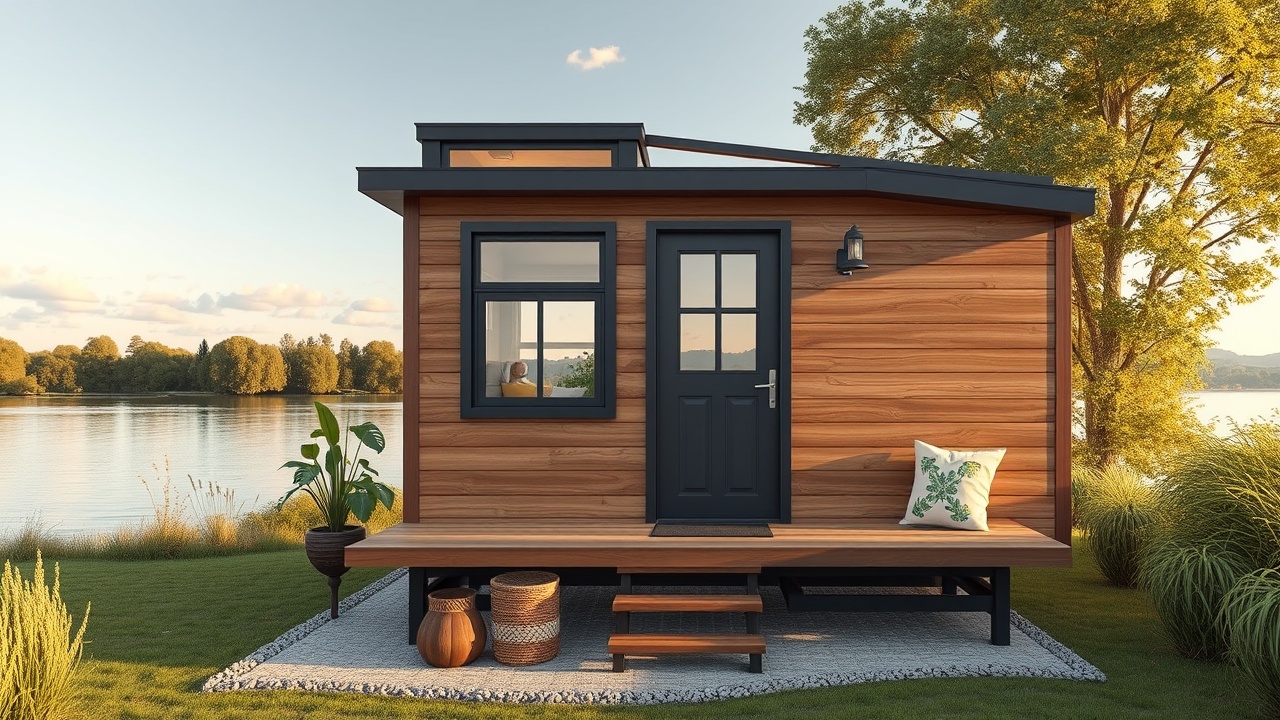
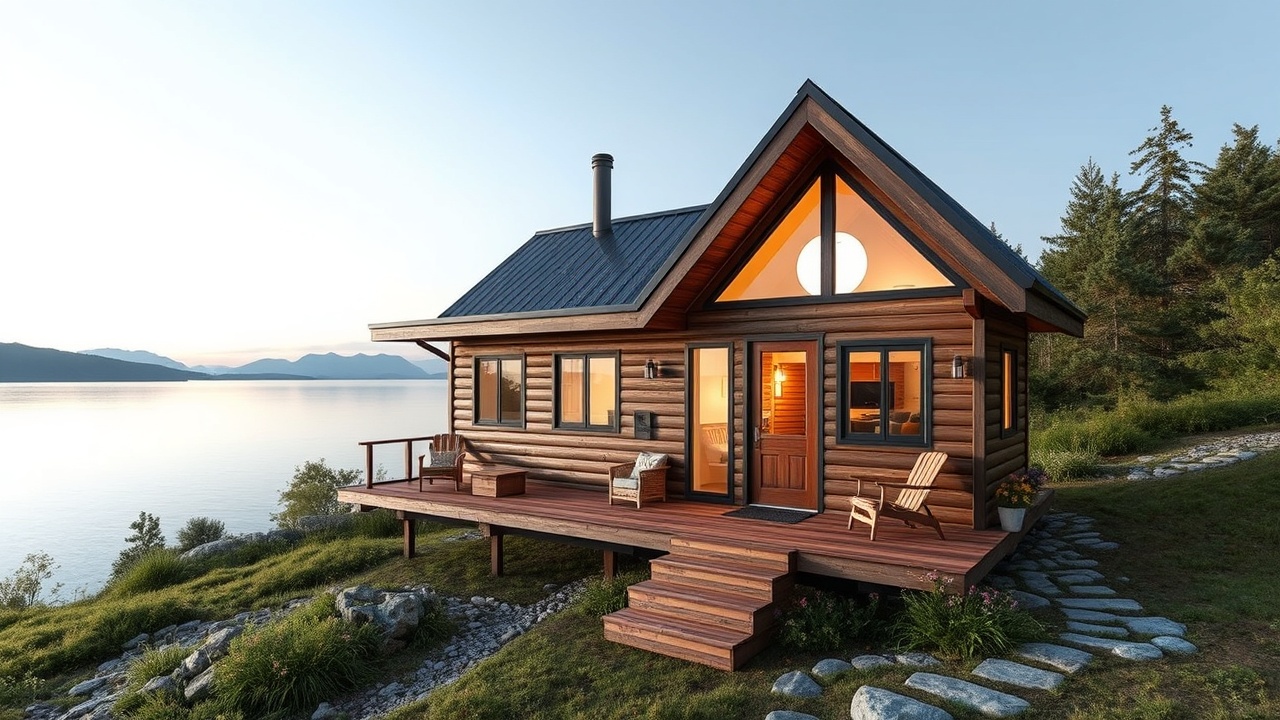
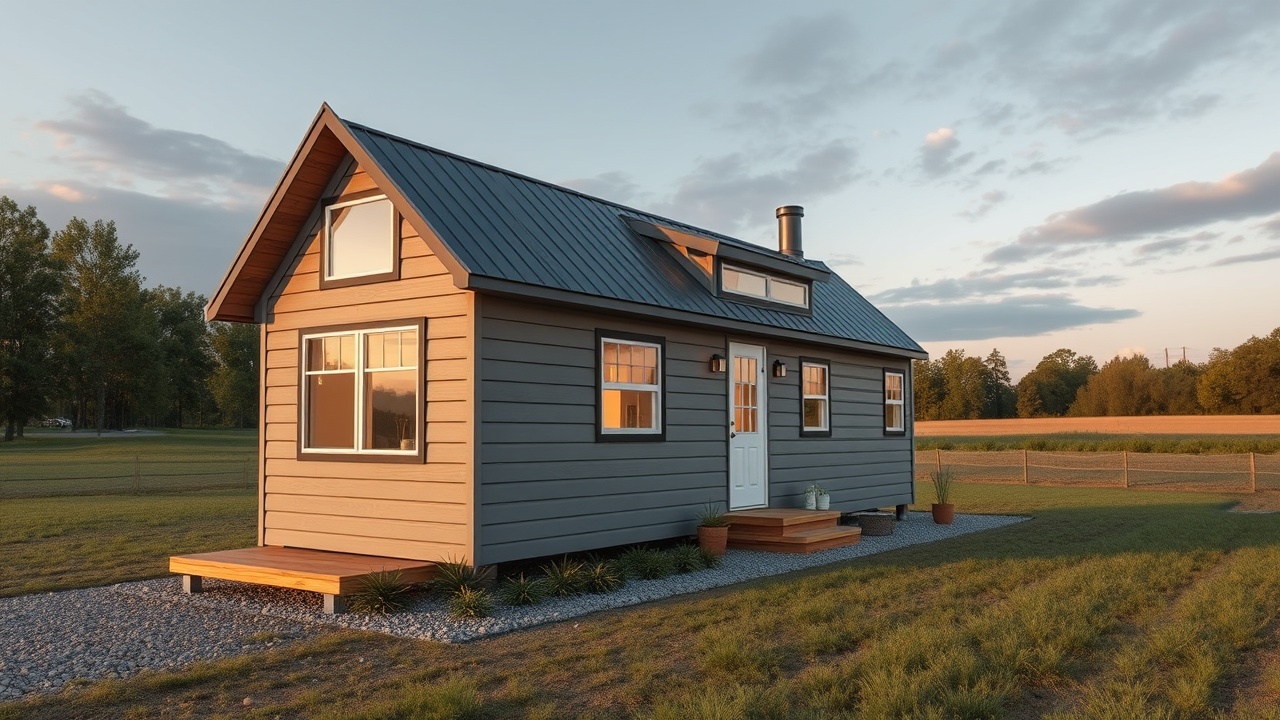
Leave a Reply